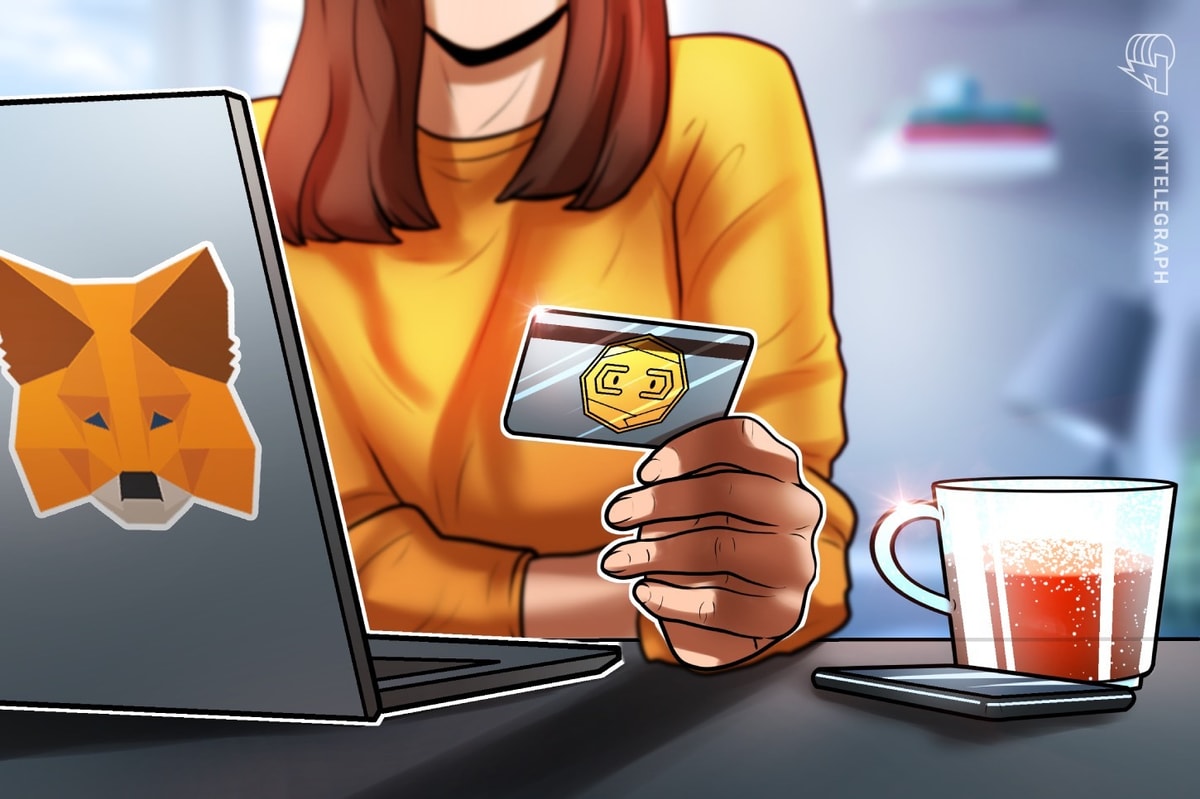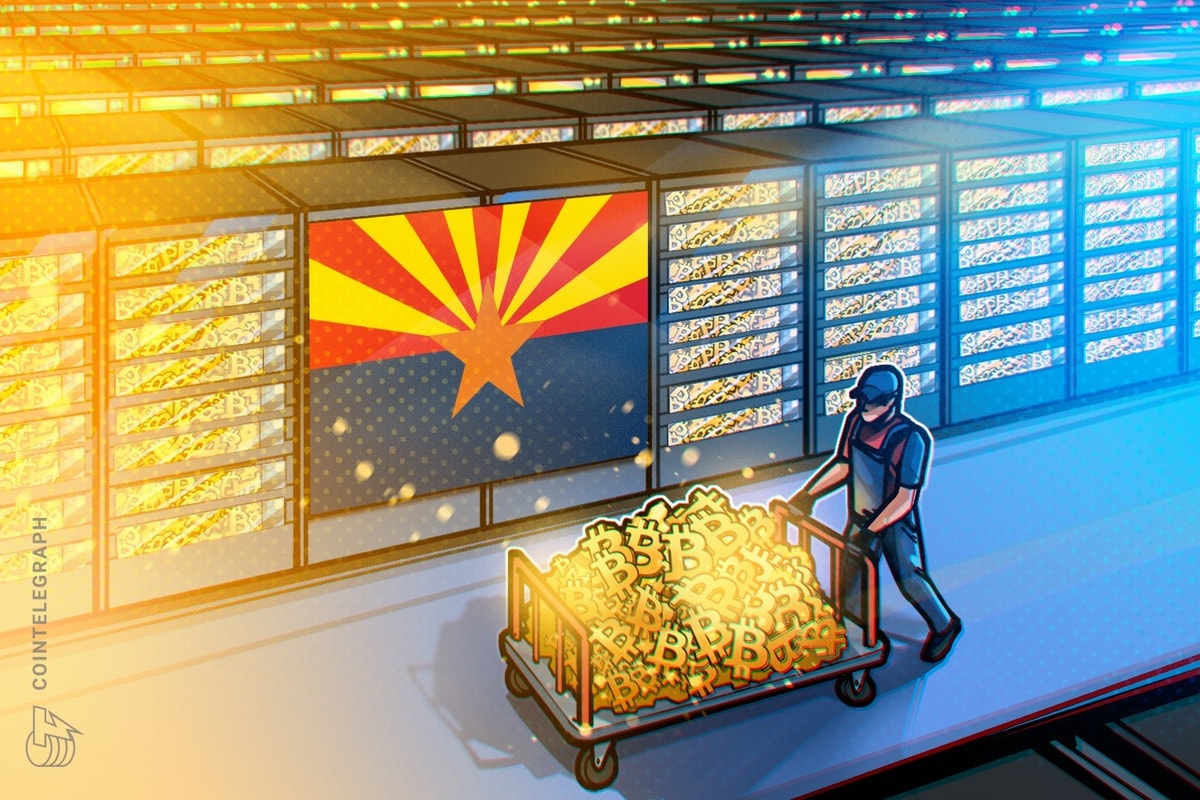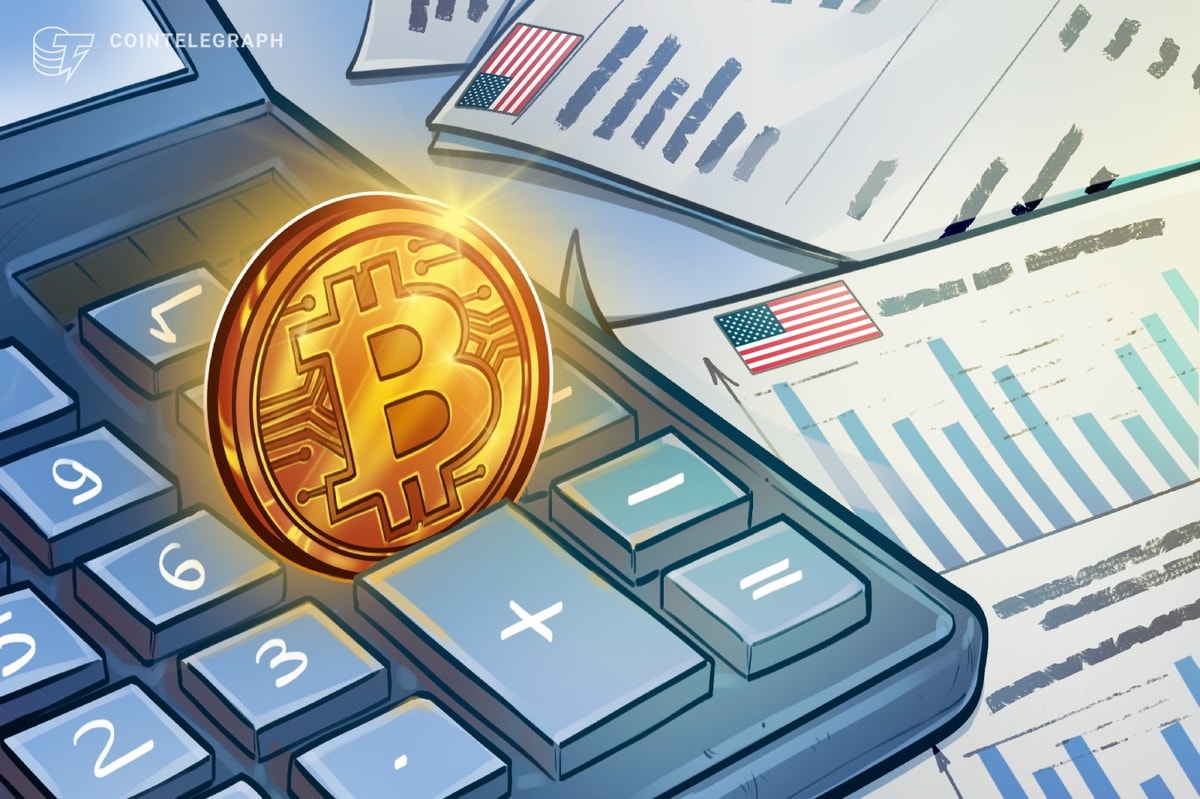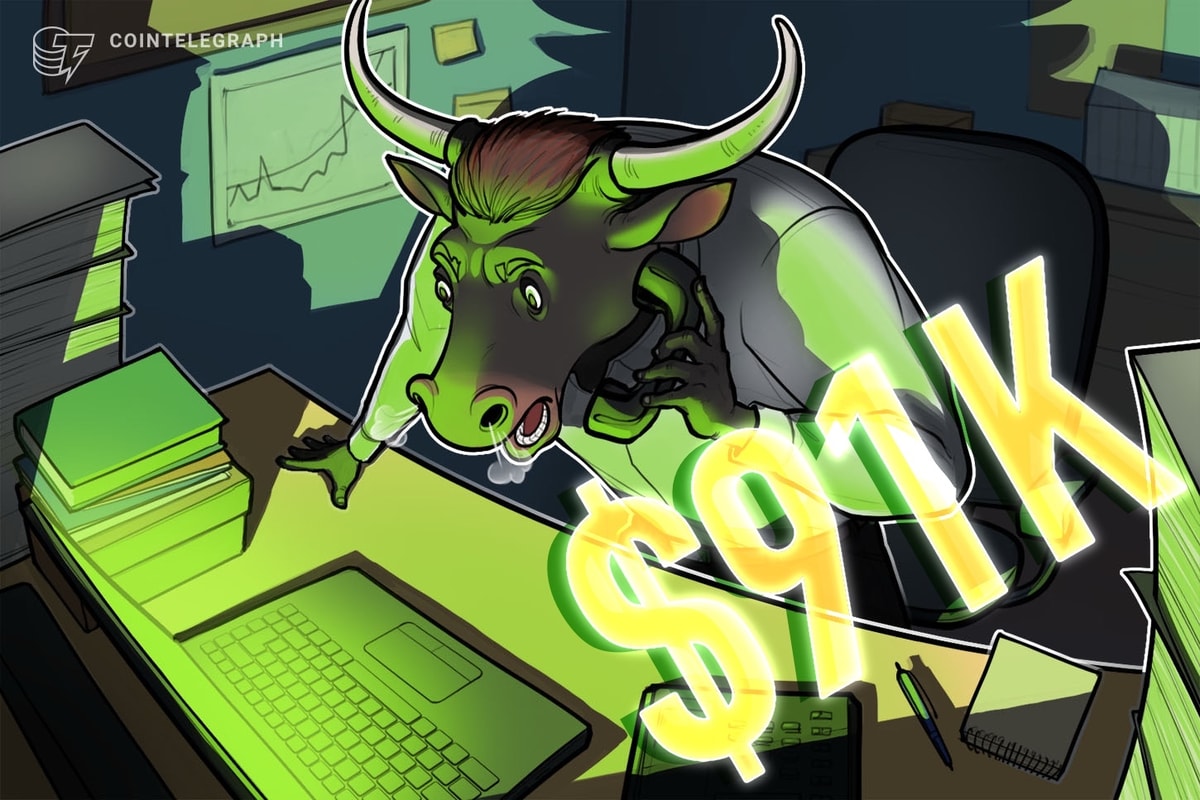“We founded Backslash to overcome the challenges we faced using Crypto-Currencies every day. We’re focused on making Crypto-Currencies usable for everyone.”
– Paul Benigeri, Co-Founder
Backslash, an interface that came on to the Cryptocurrency scene in early August, is opening their doors to general users with the release of the Beta product as of today. Founded by two recent Stanford Grads, it looks to simplify the transfer of Cryptocurrencies by allowing users to make transfers via social media like Facebook, Twitter or just plain email.

At the moment, Backslash only facilitates Dogecoin and does provide a nice mobile-friendly online wallet feature. This account can then be linked to your online identities and you can now search your friend lists in order to send them Dogecoin. If the recipient is linked to Backslash the transfer occurs instantly, otherwise, they will be prompted with instructions on how to link their accounts and collect the cryptocurrency.
As a promotion, the team is rewarding new accounts with 1000 Dogecoins for each social media account they link between Facebook and Twitter.
Cointelegraph contacted the Co-Founders and Lead Developers of Backslash for some more insight.
Paul Benigeri – originally form France, Paul is a recent Stanford graduate with a degree in Computer Science. His primary function is to focus on frontend engineering and design.
Roneil Rumburg – is from Virginia and was part of the same Computer Science program as Paul at Stanford. He’s focused on backend engineering and security.
Cointelegraph: As recent Stanford Grads with Computer Science degrees, why did you guys decide to enter the cryptocurrency space?
Paul: We got excited about cryptocurrencies during our last year at Stanford. We started running an altcoin mining operation out of our dorm rooms last December and also spent some time working on a profit switching mining pool. After using cryptocurrencies every day, we grew tired of asking people for an address to pay. We realized this was an issue for a lot of people, and set out to solve it by founding Backslash.
Roneil: We’ve been working on Backslash full time since we graduated in June.
CT: Why do you see a need for a product that facilitates Cryptocurrency transactions when some people feel that it's already simple enough to use as a P2P system?
Roneil: Exchanging addresses for payments bothered us a lot, and the strong feedback we’ve received from our Alpha users so far suggests that others share our pain.
If I want to pay you Dogecoin right now there’s no simple way for me to do it. I need to tell you to set up a Dogecoin wallet and send me your address. Then I need to copy/paste that into my wallet to pay you. People also change their wallet addresses, so I generally ask for confirmation that an address is correct when making future payments.
Paul: There are always going to be people who feel comfortable using addresses, and that’s great. But we think a lot of people want an easier way to send Dogecoin, and we want to lower that barrier to entry. Backslash works nicely with the Dogecoin addressing system too, so users who don’t want to join our platform can still interact with those who do.
- Paul Benigeri and Roneil Rumburg
CT: Why did you choose to implement it with Dogecoin over other options like Bitcoin?
Paul: The Dogecoin community is awesome; they’ve given us amazing feedback and support up to this point. We’re amazed by the generosity people show when tipping and donating to different causes. We’re both strong believers in the coin and community, but unfortunately we haven’t found a Dogecoin wallet that we really like. That’s why we chose to focus on Dogecoin with Backslash.
CT: Where do you see the future of Dogecoin and Cryptocurrencies in General?
Roneil: I look forward to the day when payments are as fast and easy as sending an email. We’re not there yet, but we believe that Cryptocurrencies have laid the groundwork necessary for solutions like Backslash to make it happen.
CT: Are there any fees involved with using Backslash?
Paul: No, we don’t charge fees. In-network transactions are instant and free. If you send a transaction to a Dogecoin address, you’ll still have to pay the 1 DOGE miners fee, but we don’t charge any fees on top.
Please visit the Backslash.io homepage for more information or to ask Roneil and Paul questions.
Did you enjoy this article? You may also be interested in reading these ones:










